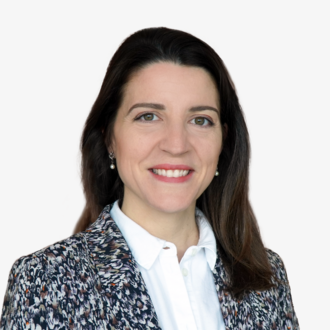
Decentralised fuel cells
Secure power supply with decentralised fuel cells
The Austrian Energy Agency works together with ten countries as part of a research collaboration of the International Energy Agency (Technology Collaboration Programme, TCP) in Task 33 of the ‘Advanced Fuel Cell TCP’:
Finland | Germany | France | Israel | Italy | Japan | Korea | Sweden | Switzerland | USA
The following tasks are on the programme of Task 33 (stationary applications):
- Subtask 1: Use of stationary fuel cells for climate-neutral urban districts and neighbourhoods.
- Subtask 2: Fuel cells in decentralised energy systems (for general power supply or backup power supply or emergency power supply, for off-grid and reversible energy systems, etc.)
- Subtask 3: The role of stationary fuel cells for H2 valleys and H2 hubs
The Austrian Energy Agency is involved in all subtasks and leads Subtask 1.
In the previous project period, work in Subtask 1 investigated the extent to which stationary fuel cells can be used in integrated energy concepts based on renewable energy sources in climate-neutral neighbourhoods (Dezentrale Wasserstofflösungen in klimaneutralen Quartieren: Österreichische Energieagentur). The potential of three possible applications in Austria was identified. The results also highlighted that the development of modelling and simulation tools for energy flows in neighbourhoods is necessary for widespread use.
Due to the current high level of interest in Subtask 2 in the participating countries (USA, Canada, Japan, etc.) and the resulting potential for a fruitful international exchange, the focus will be placed on this this time. The aim is to highlight the strengths and weaknesses of fuel cells based on renewable energy sources in comparison to battery solutions and fossil solutions such as diesel generators for specific fields of application (e.g. healthcare facilities, clinics/hospitals, data centres, off-grid applications, etc.).
In close cooperation with representatives from industry, the energy supply sector and existing networks, product developments will be summarised, a techno-economic model for comparing fuel cells, batteries and diesel generators will be developed, ecological comparisons will be drawn up and the national framework conditions will be summarised and recommendations for further development drawn up.
In connection with the results from the preliminary project, further developments in Subtask 1 (international pilot projects, developments in technologies and modelling tools) will also be monitored and reported on in the new period. The status of the technology as well as technical and economic assessments for the market launch and data analyses for fuel cells with a high TRL will also be collected for the topics of Subtask 3.
Regular dialogue with stakeholders at national and international level is ensured through target group-specific communication and dissemination activities.
Project data
| Client / Funding organisation | Austrian Research Promotion Agency (FFG) |
| Project management | Elisabeth Sibille |
| Project team | Günter Simader |
| Project partners | FEN-Research GmbH |
| Project duration | November 2024 to August 2027 |
Contact person
